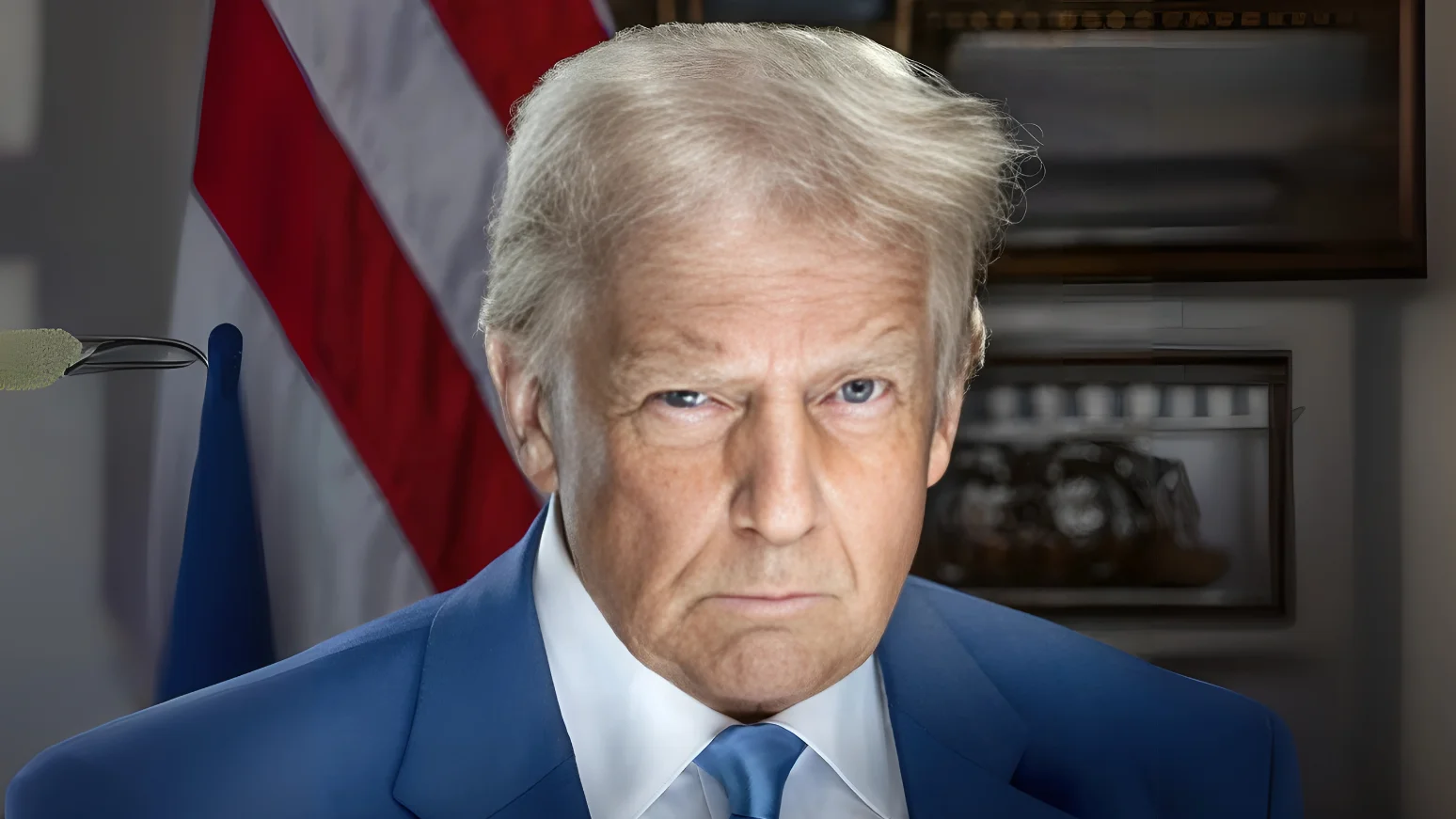The White House has issued a memorandum directing the Secretary of Health and Human Services and the Commissioner of Food and Drugs to take action addressing concerns over misleading direct-to-consumer prescription drug advertisements.
According to the memorandum, Congress granted the Food and Drug Administration (FDA) authority to regulate prescription drug advertising in 1962. The document states that such advertisements can mislead the public about risks and benefits, encourage medication use over lifestyle changes, disrupt the physician-patient relationship, and favor expensive drugs over cheaper generics.
The FDA’s regulations have required manufacturers, packers, or distributors to provide materially complete information that balances both benefits and risks. However, over time, these requirements have allowed companies to include less information in broadcast ads as advertising by drug manufacturers has increased significantly.
"My Administration will ensure that the current regulatory framework for drug advertising results in fair, balanced, and complete information for American consumers," President Donald J. Trump stated in the memorandum.
The Secretary of Health and Human Services is instructed "to ensure transparency and accuracy in direct-to-consumer prescription drug advertising, including by increasing the amount of information regarding any risks associated with the use of any such prescription drug required to be provided in prescription drug advertisements, to the extent permitted by applicable law." The Commissioner of Food and Drugs is also directed "to enforce the Federal Food, Drug, and Cosmetic Act’s prescription drug advertising provisions, and otherwise ensure truthful and non-misleading information in direct-to-consumer prescription drug advertisements."
The memorandum clarifies it does not create any right or benefit enforceable at law or equity against the United States or its agencies.





